Porsche has reaffirmed plans for a hypercar to crown its line-up – and, in a bid to provide a clear link between its motorsport activities and road cars, it could use a hybrid driveline originally developed in an aborted Formula 1 engine programme.
However, the Aston Martin Valkyrie rival remains at a conceptual stage, with an introduction unlikely before 2023 at the earliest.
In keeping with comments made by Porsche chairman Oliver Blume this year, high-level sources at the German car maker’s Weissach technical centre confirm that a definitive production go-ahead for the successor to the 918 Spyder is dependent on a decision from Porsche board members on whether to commit to pure-electric or hybrid drivetrain technology for the new hypercar.
Initial plans for the car, first hinted at by Blume at the Geneva motor show in March, were based around an advanced pure-electric drivetrain with the potential to significantly outperform Porsche’s newly unveiled 99X Formula E race car.
However, these plans have apparently been wound back. This is because an internal study concluded that solid-state battery technology, which was to have provided Porsche’s future flagship with what’s described as “new-found standards in EV weight, efficiency and range potential”, is not progressing as quickly as originally expected.
As a result, the technology will not be available in the sort of production quantities required to underpin the new model until the second half of the next decade.
Instead, Porsche is now claimed to be pursuing an alternative plan for its next hypercar. The revised option is based around an advanced plug-in petrol-electric hybrid drivetrain originally developed by Porsche Motorsport for an aborted return to the F1 grid as an engine supplier.
If the alternative drivetrain plan comes to fruition, the new Porsche hypercar will compete head on with the Mercedes-AMG One, which is also underpinned by F1 drivetrain technology.
There are also suggestions that it could provide Porsche with a contemporary driveline package under both Le Mans’ new Hypercar and IMSA’s DPi regulations.
Earlier this year, Porsche’s head of motorsport, Fritz Enzinger, revealed that the company had committed a 40-strong team of engineers from its LMP1 operations to a development programme for a six-cylinder engine and accompanying hybrid drive system as long ago as 2017 – two years after the 918 Spyder ceased production.
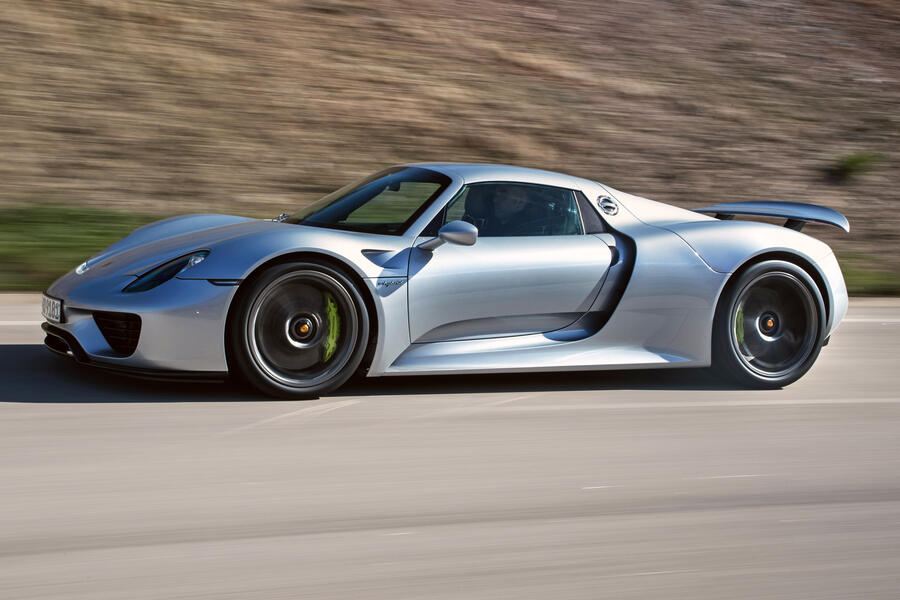

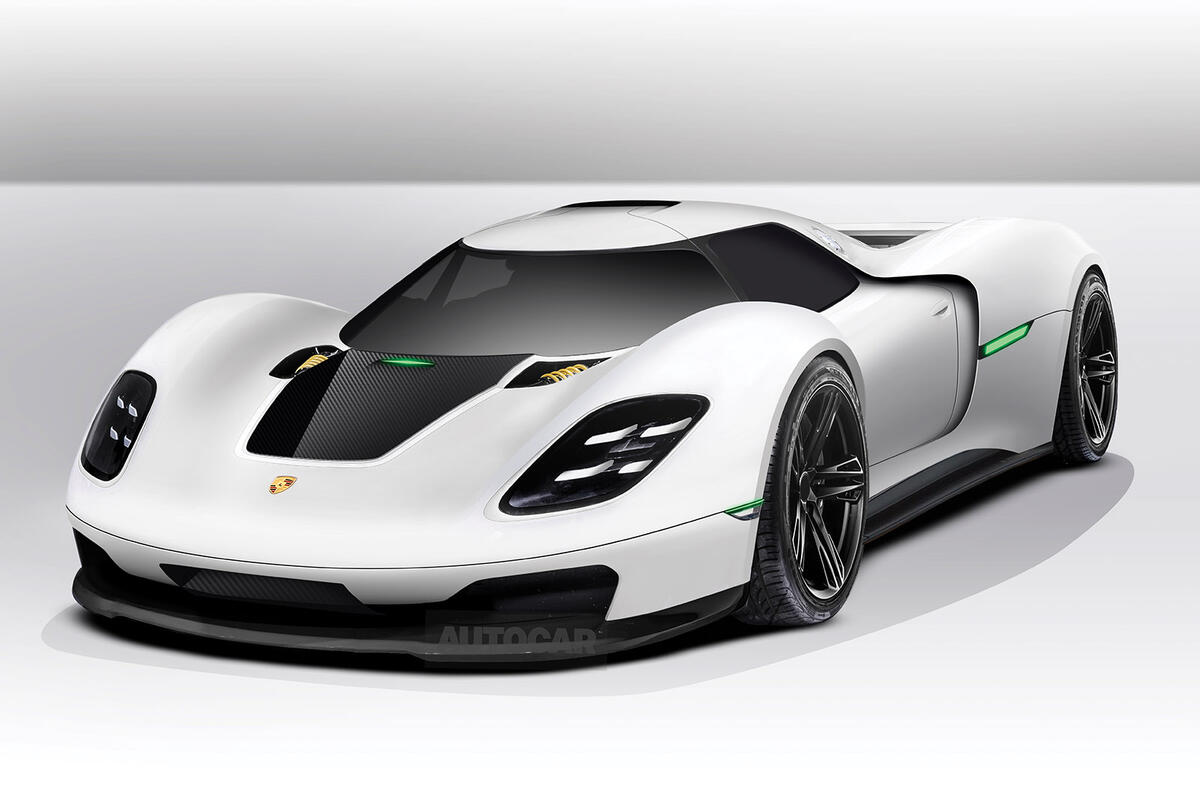
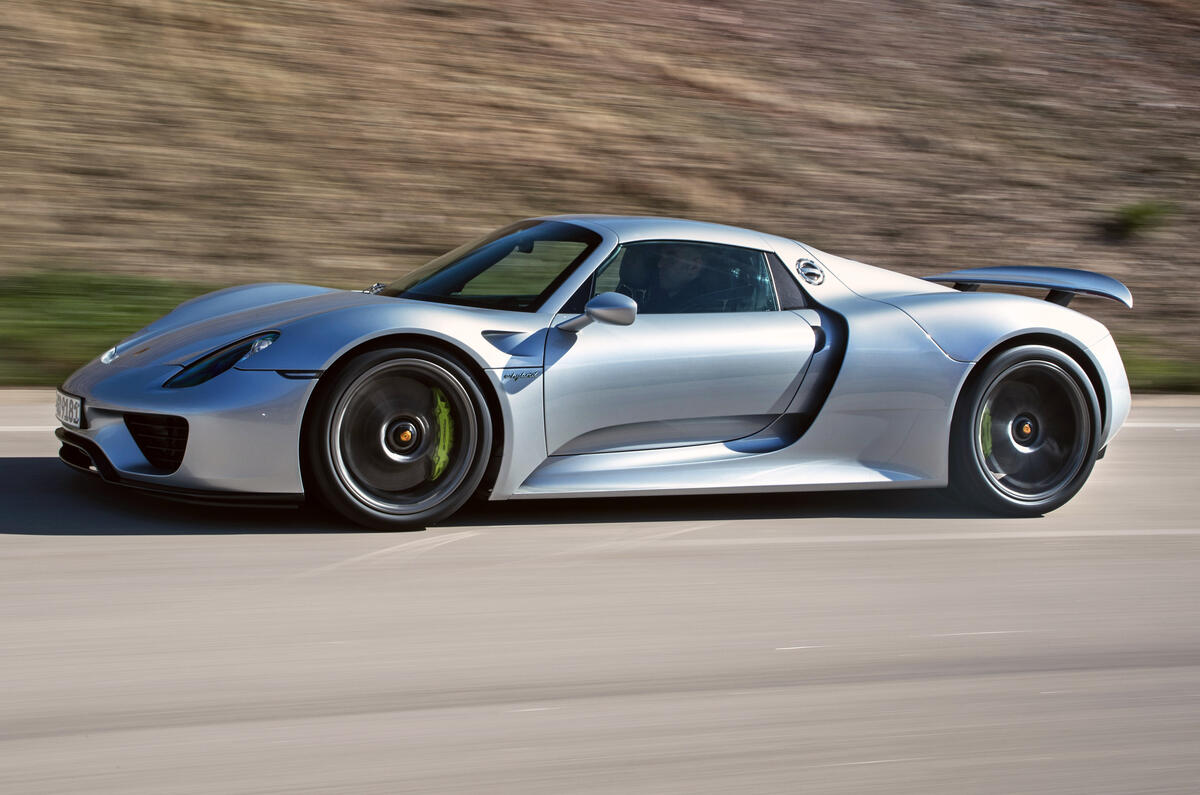
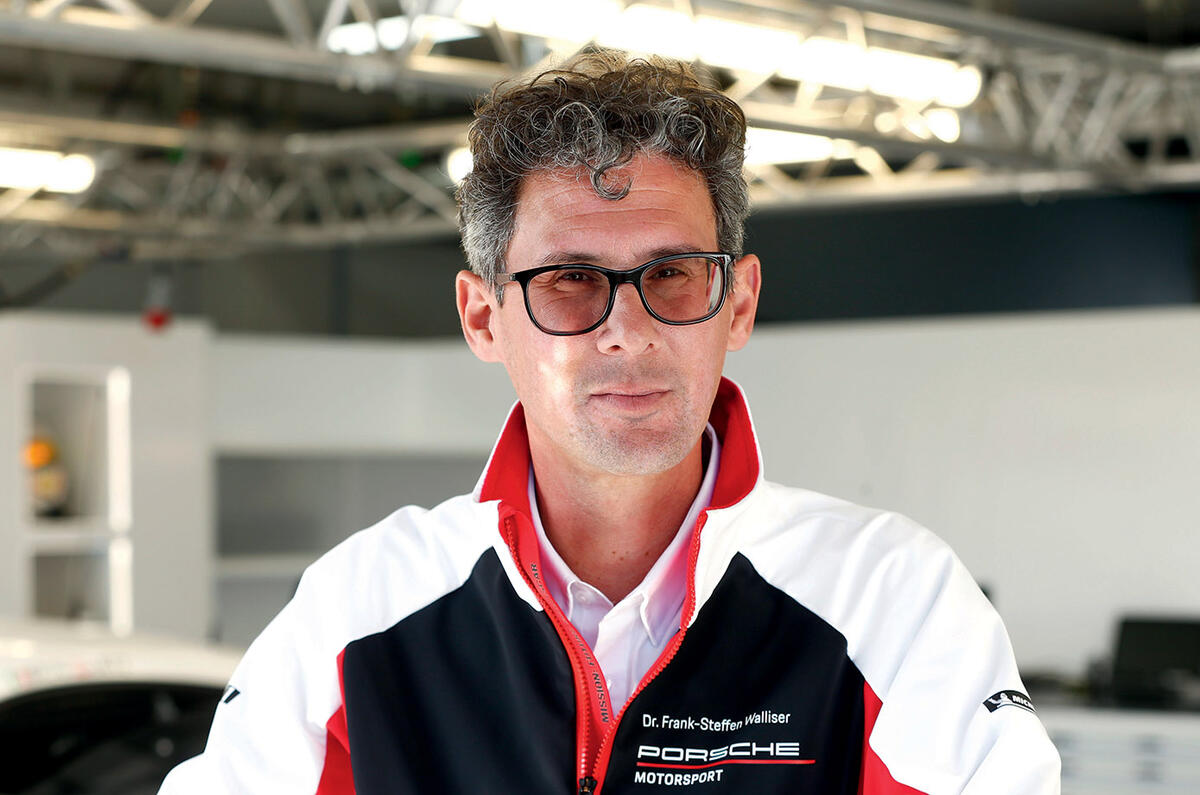
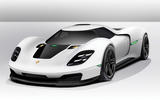
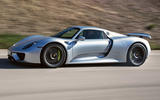


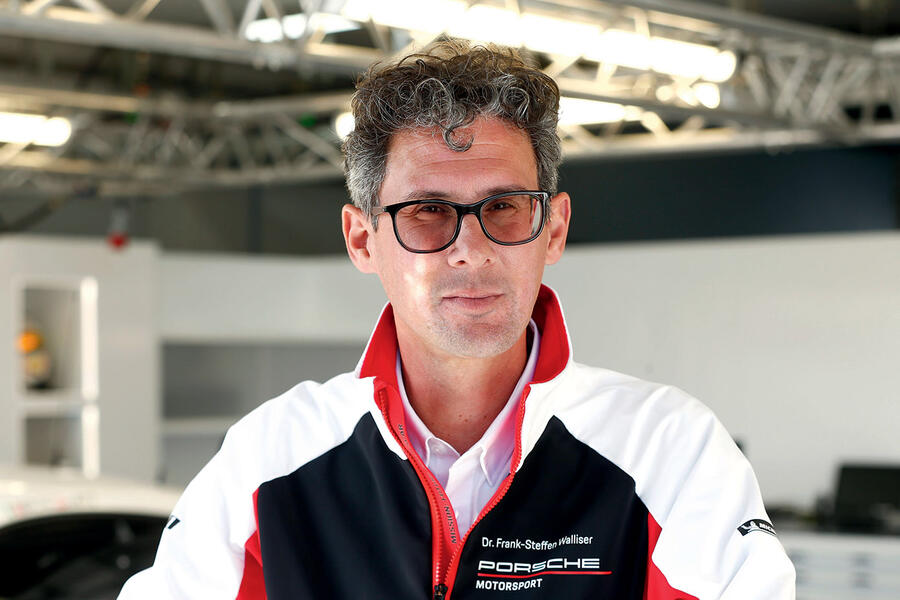

Join the debate
Add your comment
A 1.6 litre engine in one of
A 1.6 litre engine in one of these cars will always be hideous and laughable. You only have to listen to the recent clip of the Valkyrie to understand why.
Motorsport is in Porsche's veins.
Porsche certainly has form in giving its hypercars engines based on their motorsport units. The 959's engine was based on the 956's, the Carrera GT used an engine originally developed for F1 and then sportscar racing, the 918's engine is based on the RS Spyder's and now their next hypercar may well use an engine developed for F1. Add that to the fact that previous iterations of the 911 GT3 RS have had their engines based on the 911 GT1's, there is no doubt that motorport remains at the heart of Porsche. Which is great stuff!